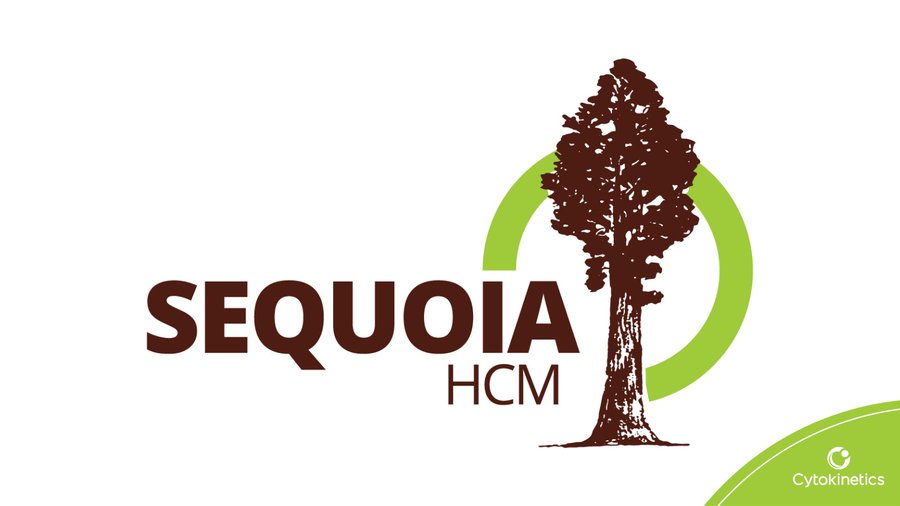Cytokinetics today released positive results from Sequoia-HCM, its Phase 3 clinical trial of the experimental drug aficamten in patients with symptomatic obstructive hypertrophic cardiomyopathy (HCM). Patients treated with aficamten showed significantly increased exercise capacity as demonstrated by a 1.74 point increase in peak oxygen uptake (pVO2) measured during cardiopulmonary exercise testing. Improvements were also seen in provoked outflow tract gradients, and most importantly, patients felt better.
The study had enrollment of approximately 300 patients who were followed for 24 weeks.
Aficamten was well-tolerated, adverse events were comparable to those taking a placebo, and importantly, there were no instances of worsening heart failure or treatment interruptions due to low left ventricular ejection fraction (LVEF).
According to an article in Med City News, the drug may have an advantage over the Bristol Myers Squibb drug mavacamten (sold under the brand name Camzyos) because there were no reports of worsening heart failure. In the Phase 3 EXPLORER trial of mavacamten, seven patients in the treatment group experienced reductions to their LVEF.
Based on the projected success of aficamten, Cytokinetics stock price jumped by 83% and the company is said to be the subject of takeover interest from AstraZeneca and Novartis.
Cytokinetics plans to apply for FDA approval for the drug in the second half of 2024.
Complete results from SEQUOIA-HCM will be presented at an upcoming medical conference.
You can read more about the drug in these previous articles on HCMBeat:
Cytokinetics Teases Upcoming Phase 3 Aficamten Trial in nHCM
Promising Data about Aficamten Presented at Meetings
Aficamten Updates from Cytokinetics
More on Aficamten & Mavacamten from ACC 2022
Aficamten Gets “Breakthrough Drug” Status from FDA
Cytokinetic’s Drug Aficamten & Upcoming HCM Summit – Interview with Dr. Martin Maron
Results Published from REDWOOD-HCM Phase 2 Trial






